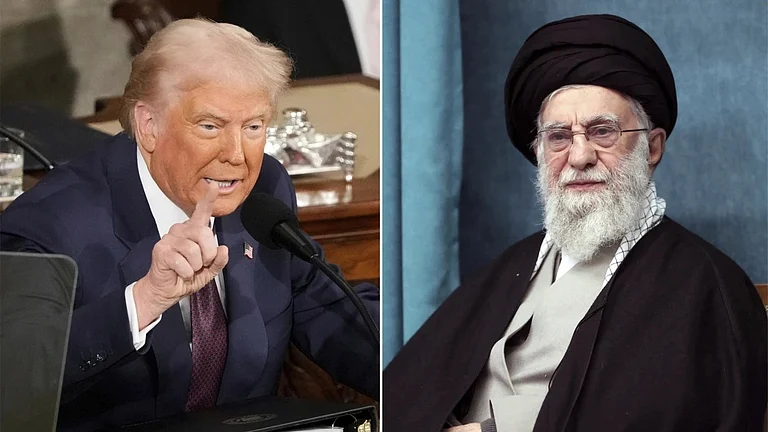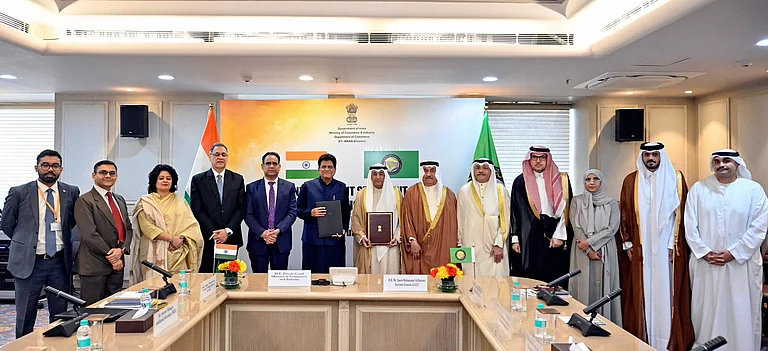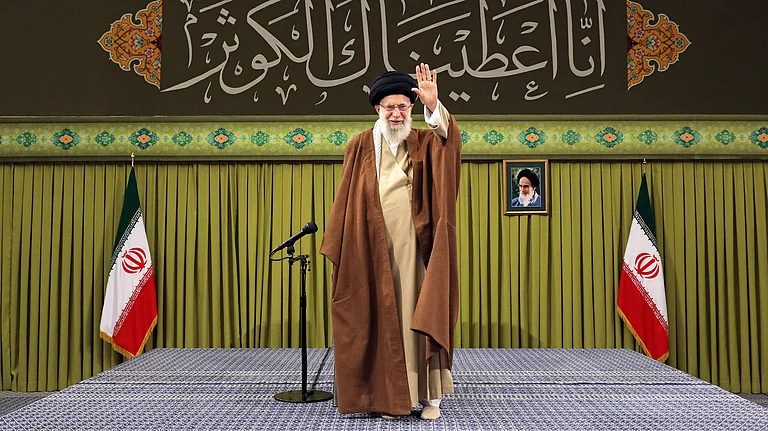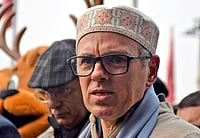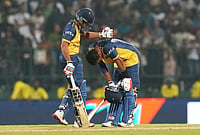IT was certainly an unusual visit. Kabul was about to fall, or so it was being made out, and suddenly Robin Raphelarrived in this benighted country and met just about everyone.
If anything, it indicated that the Americans were worried. The fundamentalist Taliban had reached the outskirts of Kabul, with substantial help from Pakistan, and there was no possibility of reaching a settlement. Raphel met the Taliban leaders, Rashid Dostum, Ahmed Shah Masood and several others. She visited Kandahar, Nangarhar, Mazar-i-Sha-rief and Bagram, 60 km outside Kabul. Considering that the US intelligence would have made the necessary assessment before letting Raphel visit the war-torn country, it was clear that there was no threat of Kabul falling immediately.
Her subsequent visit to Pakistan, India and Russia has to be seen in the context of her visit to Afghanistan. According to American officials in New Delhi, their government has been trying toget the UN peace process going for more than a year. But it has not worked out because of the deep divisions among the various Afghan factions, each claiming to fight a jehad. Raphel's brief was to persuade all the factions to agree to an interim arrangement. The Americans say that with the winter approaching, Afghanistan would have become a massive humanitarian problem. Therefore the urgency for Raphel's visit.
Afghanistan has assumed tremendous strategic importance in world affairs. It borders Central Asia and a presence there would provide the US a frontier on Russia, China, India and Iran. With the massive economic possibilities in Central Asia, especially the huge reserves of oil, the US wouldn't like Afghanistan to remain in a perennial state of turmoil.
For Pakistan, a peaceful Afghanistan would open up massive economic opportunities. Islamabad is exploring the possibility of an oil pipeline from Turkmenistan via Afghanistan to Karachi. It also wants a land route, which will boost trade with the relatively backward economies of Central Asia. The fall of Herat and the recent push on Kabul by the Taliban have alarmed neighbouring countries, particularly Iran, resulting in major differences between Iran and Pakistan. Earlier this month, Prime Minister Benazir Bhutto visited Teheran to assuage the feelings of Iran which sees Islamabad as promoting American interests in this region. From Iran, she flew to Uzbekistan, which backs the powerful Uzbek militia leader Dostum, who has become a fulcrum on which the fight for Kabul may hinge.
Interestingly, though Pakistan is seen as helping US interests, in Afghanistan the interests of the two countries may not coincide. American officials do not deny that the "interior, foreign and defence ministries in Pakistan are working to forge a political alliance of the Taliban, Dostum and the Nangarhar shoora, to force Rabbani down". However, they do not go so far as to say that the Pakistan government is backing the Taliban and helping it militarily. They also admit the Taliban has become unpopular in areas like Herat, which are not Pashtun-dominated, because of moves like the closing down of schools for women and the harsh imposition of shariat laws.
While the Taliban may serve the purpose of getting rid of Afghan President Burhanuddin Rabbani and Masood, their brand of Islam can create serious problems for American interests in the region. They accept that Pakistan may not have fully realised the dangers of unleashing a fundamentalist force like the Taliban.
The American and Indian perceptions on Afghanistan are radically different. As the US tries to get Rabbani to step down, V.K. Grover, secretary (west) in the MEA, told Raphel that the Taliban was a Pakistan-inspired force and was to be opposed as it was a fundamentalist group and not capable of providing long-term administration. India's worries are justified. In view of the strategic and economic importance of Central Asia, India wouldn't like Kabul to be ruled by a Pakistani puppet.
Raphel's visit to Russia follows naturally. She has been sounding out all the countries in the region on the developments in Kabul. The Russians are also not happy at the gains the Taliban is making in Afghanistan. With elections approaching in Russia and the nationalist parties in the ascendant, the US may be looking for some straws in the wind on how Moscow may react if Kabul is actually to fall to the Taliban.







